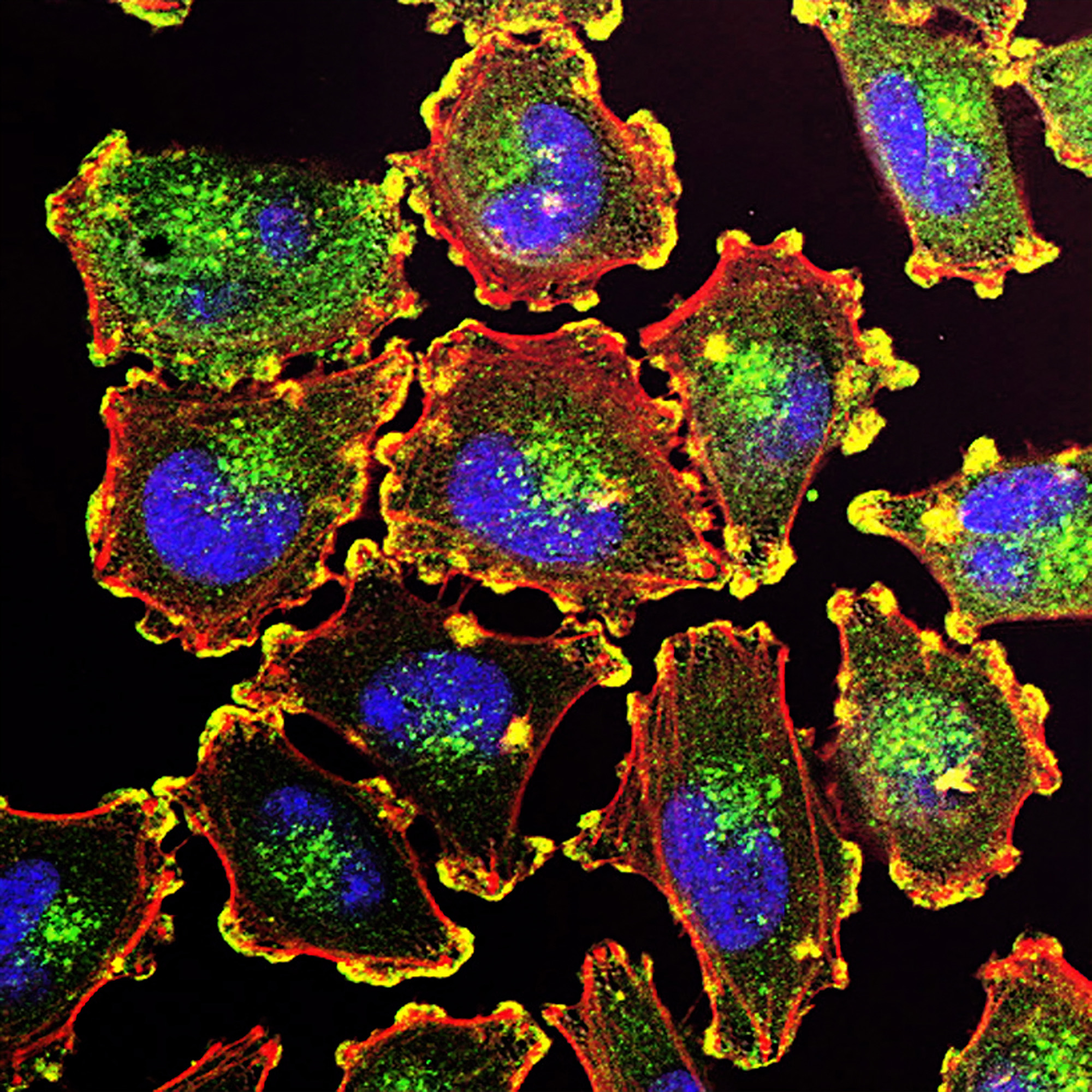
Advancements in Laser Cytometry
January 10, 2022Flow cytometry is a technique used to analyze the physical and chemical characteristics of a population of cells or particles in a liquid suspension. It involves passing the cells or particles through a beam of light, such as a laser, and measuring the light scattered or emitted by the cells as they pass through the beam. By analyzing the scattered or emitted light, it is possible to determine the size, shape, and other characteristics of the cells or particles.
Flow cytometry is a powerful tool that is used in a wide range of applications, including cell sorting, cell counting, protein analysis, DNA analysis, and many other types of scientific and medical research. It is commonly used in research laboratories, hospitals, and other scientific and medical institutions.
A new technique advancing flow cytometry is Time-Resolved Flow Cytometry or TRFC. “Time-resolved flow cytometry represents an alternative to commonly applied spectral or intensity multiplexing in bioanalytics. At present, the vast majority of the reports on this topic focuses on phase-domain techniques and specific applications. In this report, we present a flow cytometry platform with time-resolved detection based on a compact setup and straightforward time-domain measurements utilizing lifetime-encoded beads with lifetimes in the nanosecond range. We provide general assessment of time-domain flow cytometry and discuss the concept of this platform to address achievable resolution limits, data analysis, and requirements on suitable encoding dyes. Experimental data are complemented by numerical calculations on photon count numbers and impact of noise and measurement time on the obtained lifetime values.” Abstract from “Luminescence lifetime encoding in time-domain flow cytometry” Cited: https://rdcu.be/c396V
Authors and Affiliations
Federal Institute for Materials Research and Testing (BAM), Biophotonics Division 1.2, Richard-Willstätter-Str. 11, D-12489, Berlin, Germany
Daniel Kage, Katrin Hoffmann & Ute Resch-Genger
Quantum Analysis GmbH, Mendelstraße 17, D-48149, Münster, Germany
Marc Wittkamp, Jens Ameskamp & Wolfgang Göhde
Department of Physics, Humboldt-Universität zu Berlin, Newtonstr. 15, D-12489, Berlin, Germany
Daniel Kage
